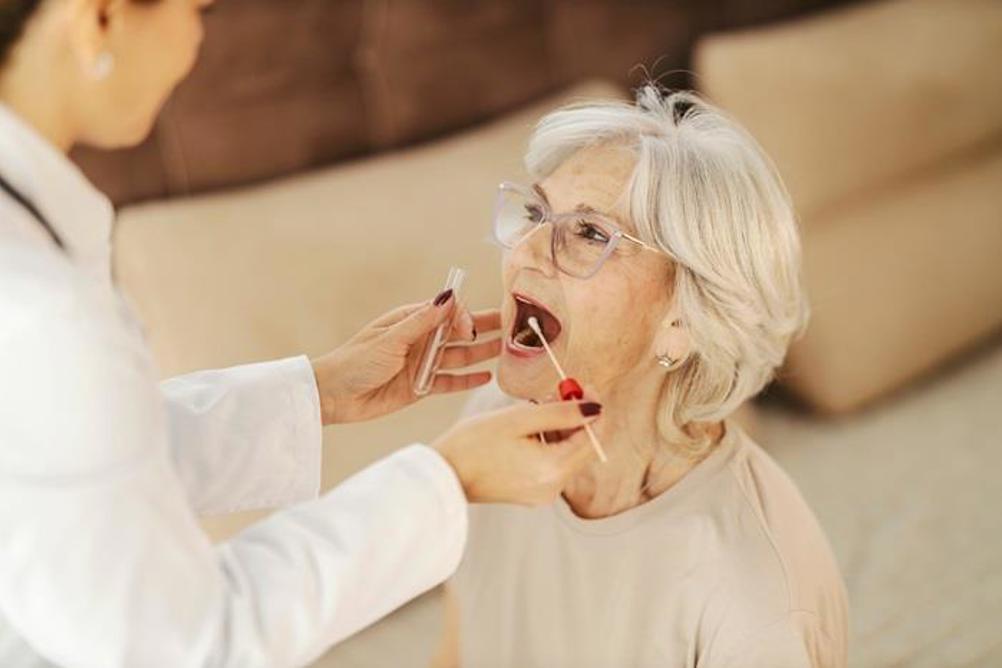
The research is due to be presented at the American Stroke Association’s International Stroke Conference 2025.
Shuichi Tonomura, the lead author of the study and a physician in the department of neurology at the National Cerebal and Cardiovascular Center in Osaka, Japan, said, “In the future, if there was a quick test to detect harmful bacteria in the mouth and gut, we could use the information to help calculate stroke risk. Targeting these specific harmful oral bacteria may help prevent stroke.”
Bacteria linked to stroke risk
The researchers quantified all detectible bacteria in the saliva and guts of people who had recently had a stroke, comparing them to those without a stroke of similar age undergoing routine medical checkups.
Register now to continue reading
Thank you for visiting Dental Nursing and reading some of our resources. To read more, please register today. You’ll enjoy the following great benefits:
What's included
-
Up to 2 free articles per month
-
New content available
Already have an account? Sign in here
